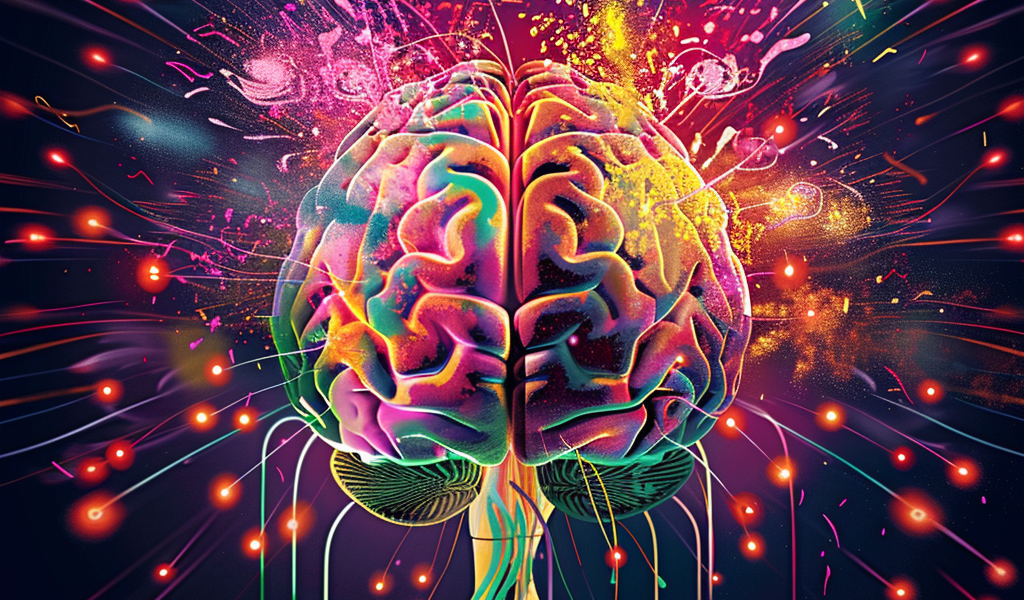New research in neuroscience has uncovered fascinating insights into how the brain selects and stores memories. A recent study sheds light on the role of ‘sharp wave ripples’ in this process, highlighting the significance of rest and sleep in memory formation.
Electric ‘ripples’ in the resting brain, also known as ‘sharp wave ripples,’ have been found to play a crucial role in flagging experiences for long-term memory storage. These bursts of electrical activity occur when the brain is awake and at rest, serving as markers for memories that will be consolidated during sleep.
György Buzsáki, a professor of neuroscience at New York University, has been at the forefront of this research, exploring how the brain determines which memories to retain. By analyzing electrical patterns in the brain, researchers have discovered that sharp wave ripples are like a ‘fireworks show in the brain,’ indicating significant experiences that should be remembered.
The study, led by doctoral student Wannan Yang from Buzsáki’s lab, emphasizes the role of these high-frequency brain waves in both storing and selecting memories. Sharp wave ripples not only aid in memory consolidation but also help in the process of memory formation, underscoring the importance of rest and sleep in learning and retention.
According to Buzsáki, the brain’s ability to form memories is closely linked to periods of rest and interruption. Continuous wakefulness or constant sleep can hinder the brain’s capacity to learn and remember. By experiencing breaks in activity, the brain triggers sharp wave ripples, signaling the rehearsal and encoding of memories.
Understanding the brain’s mechanisms for memory storage and selection provides valuable insights into optimizing learning and cognitive function. The findings from this research offer compelling evidence for the essential role of rest and sleep in memory consolidation and underscore the intricate processes that govern our ability to remember and recall information.





